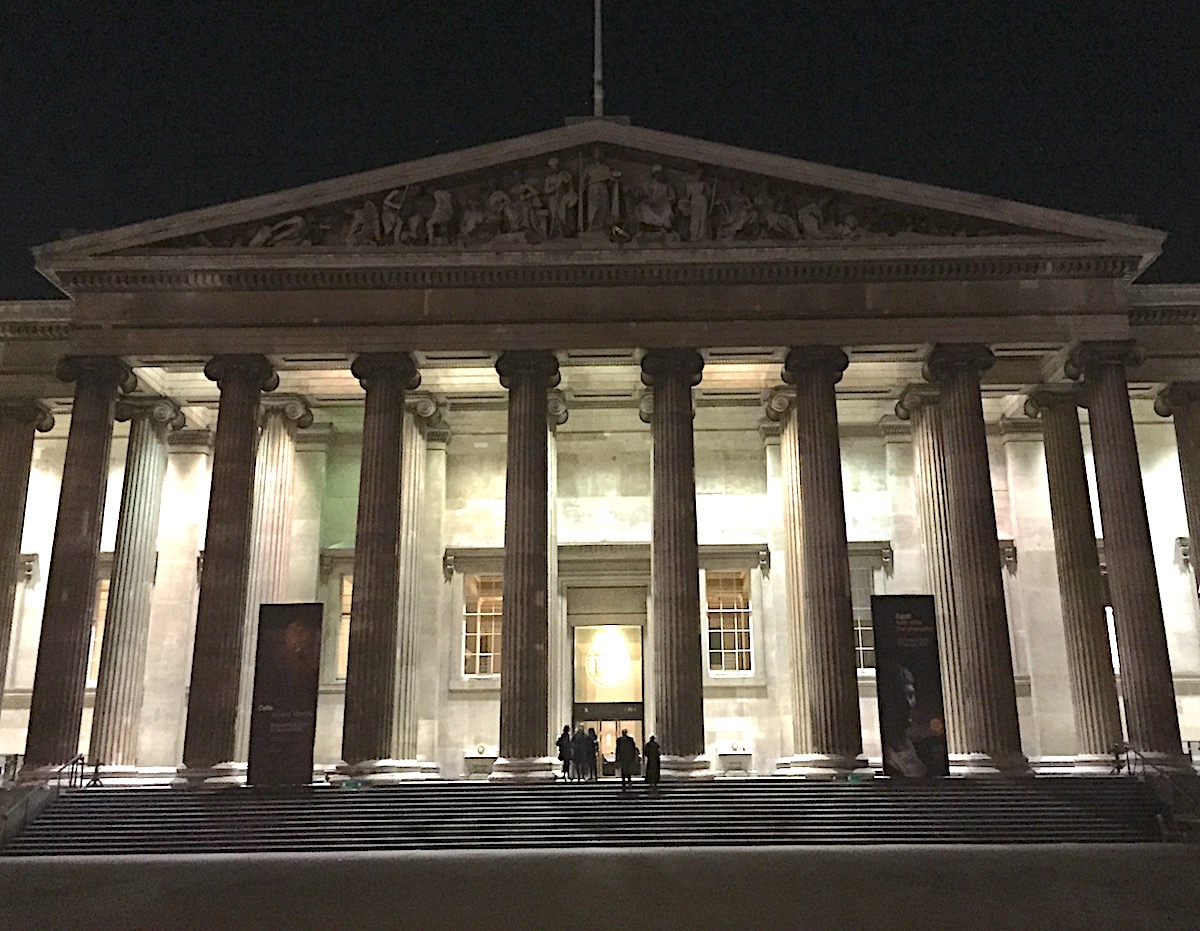The latest British Museum “Masterplan” has been disclosed amid accusations of greenwashing by environmental groups. The project is a move that has left campaigners fuming. The partnership with BP will finance a decade-long £1 billion redevelopment initiative and is a big step backward for an institution reeling from the theft of 2000 objects from its collection and the resignation of most of the Museums’ top directors.
The BM’s ambitious program aims to modernise its historic Bloomsbury building and completely overhaul the presentation of its extensive collection. The collaboration with BP, touted as the largest single donation to the UK’s cultural sector, will specifically contribute to renovating galleries housing artefacts from ancient Egypt, Greece, and Rome. However, the announcement has been criticised vehemently by activists accusing the energy company of its negative environmental impact.
Campaigners, led by Culture Unstained, are gearing up for a formal challenge against the deal. Chris Garrard, co-director of the group, labelled the partnership as “astonishingly out of touch” and “completely indefensible,” vowing to contest the decision. The activist group BP or Not BP? has joined the dissent, stating, “You can’t partner with a major polluter in 2023 and say you’re sustainable – this is #climate denial!! This deal will NOT stand – it will be stopped.”
BP, which has faced backlash and severed ties with various arts organisations in recent years, now finds its way back to sponsorship prominence. The National Portrait Gallery, Tate, and the Royal Opera House has distanced themselves from BP in the last few years.
The museum has defended its decision, emphasising the urgent need for renovation and the necessity of corporate and private donations. The spokesperson contends that significant financial support is required for the massive modernisation plan to ensure the museum’s longevity.
The unanimous agreement by the museum’s board of trustees, chaired by former Conservative Chancellor George Osborne, has finalised the decision, reminding us not to forget the former Chancellor’s austerity policies, central to David Cameron’s Government.
The controversial BP sponsorship comes hand in hand with plans for a new Energy Centre, signalling the eventual phase-out of fossil fuels within the Museum’s estate. The institution insists it will remain open during the redevelopment, differing from the prolonged closures experienced by counterparts like the Rijksmuseum in Amsterdam and the recently reopened National Portrait Gallery.
BP Chair Louise Kingham expressed pride in the partnership, framing it as a commitment to the museum’s future transformation. Charlie Mayfield, Chair of the Museum’s masterplan committee, echoed the sentiment, emphasising the urgency of refurbishment for an institution at the crossroads of heritage and modernisation.
The British Museum, one of the world’s most esteemed cultural institutions, boasts a rich history that spans over two centuries. Established in 1753, the museum originated from the private collection of Sir Hans Sloane, a physician and naturalist. Housed initially in Montagu House in Bloomsbury, the museum’s early acquisitions were primarily devoted to natural history, antiquities, and manuscripts.
Over the years, the British Museum has undergone significant expansions and relocations, culminating in the grand neoclassical building we see today. Designed by architect Sir Robert Smirke, the iconic structure was completed in 1852 and has since become a symbol of cultural heritage.
The museum’s collection began with Sloane’s eclectic assortment and evolved into a vast and diverse array of artefacts, artworks, and manuscripts representing cultures from every corner of the globe. Its most famous holdings are the Rosetta Stone, the Elgin Marbles, and the Egyptian mummies.
As a testament to its enduring legacy, the British Museum has continually adapted to changing times and attitudes. However, this evolution has not been without controversy. In recent years, the museum has faced criticism for its association with BP, a major energy company. BP’s sponsorship, including a £50 million donation as part of a 10-year partnership, has sparked debates about corporate influence on cultural institutions, with accusations of greenwashing and concerns about ethical partnerships.
Despite such controversies, the British Museum remains a vital hub for scholarship, education, and public engagement. Its commitment to preserving and displaying the treasures of human history underscores its enduring significance on the global cultural stage.
Top Photo British Museum © Artlyst 2023

